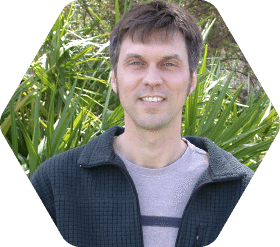Professor of Literature and Creative Writing
Education
M.A., University of South Carolina
Biography
Scott Ward is a poet whose first volume, Crucial Beauty (1991, Scop Publications), won the 1990 Loiederman Poetry Prize. His other books are Wayward Passages (2006, Black Bay Books) and Rebel: The American Iliad (2021, Adelaide Books). He has served as poetry editor of Southern Humanities Review and Shenandoah. His poems have appeared in anthologies such as American Poetry: The Next Generation (Carnegie Mellon) and Buck and Wing: Southern Poetry at 2000 (Washington and Lee) and journals, including The Christian Century, Southern Humanities Review, Shenandoah, Thuya Poetry Review, Showcase: Object & Idea.







